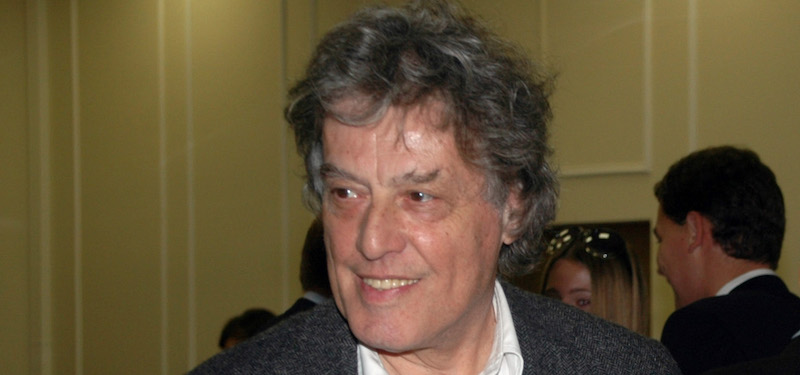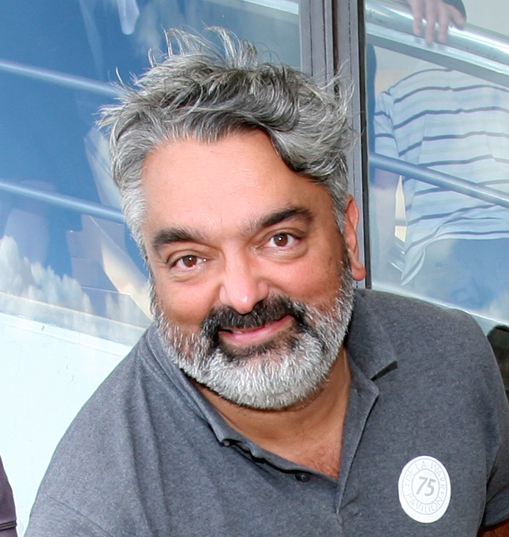Free speech will prevail when we accord it to others

To mark the 250th edition of Index on Censorship magazine various worthies have been asked to pick their favourite article from its archives. The Index chair of trustees and Times columnist David Aaronovitch picks one I commissioned in 2005 from Sir Tom Stoppard (Playing the Trump Card, Feb 2006, vol 35/1).
The word ‘commissioned’ is loosely applied here. There were no ‘pointers’ from me. I only explained that the article was intended for a special edition on free expression and hate speech, to be later republished in the magazine itself. And off he set.
I was already a gibbering fan of Sir Tom, from back to when I was a teenager and I saw his play Every Good Boy Deserves Favour (itself inspired by 1970’s editions of the magazine) at the old riverside shed that the Mermaid Theatre used to be.
But when he was approached I’m ashamed to admit I simply thought he’d be a classy byline and that he’d do it out of love for Index. So while I expected precision I was unprepared for the care he took in finalising the article, tweaking commas and sentence clauses for clarity of meaning several times before signing off.
I can’t underestimate its effect on me when I read it. At the time, 2005, I was touching a void of despair, two years into a vast and unwieldy media freedoms campaign in Iraq for Index that seemed only to deliver failure, waste and the death of colleagues. Most of all I was boiling with contempt for the warlike left-wing neo-libertarians who had helped poke the war into life. Their grip on the free speech agenda appalled me, the veneration of angry western racists, the unchecked privilege of their ‘right to offend’, the bored indifference to the plight of Arabs ‘liberated’ with cluster bombs and torture implements.
I picked pointless fights and spat at imagined threats whenever I escaped Baghdad; imagined endless slights and racist indifference at home when I was back in Iraq. Then, emailed to me at my desk at Index, I finally read Stoppard’s piece. It was like being touched by a saint, I kid you not. All the anger was eased away, his gentle soul giving fresh meaning and purpose to the principles of freedom of expression I thought were history.

I suspected he was nervous about the article’s possible reception. He even asked me for a seat at the Foreign & Commonwealth Office poobah cluster where the published article was first presented. (The FCO had found me a little funding to pay for the special as a contribution to an EU conclave.) Venerable soul though he was, he appeared to want to test the response in person, in case of misunderstanding or backlash.
Indeed, superficially read it looked like he was turning away from a right to free expression, a right that he was perhaps more closely associated with than any other British public intellectual. But it was the rest of the world that had turned away in the years just gone; Stoppard’s principles were as true as ever.
Aaronovitch, not a writer whose politics I care for (nor he for mine, I understand) sums the piece up beautifully: “Stoppard argues that what makes a society one in which he would want to live is not the demanding of a right, but the according of it – the day-by-day renewed assumption that others will say what they want. Because that’s the way we choose to live.”
It was what I wanted to believe again about freedom of expression, how it was before I lost my way. Sir Tom showed me a road back. I know I make it sound like a spiritual experience and if you read the piece (you should) you may wonder what I saw in it that warrants such fluffy wordage. But for me it was a lifting of darkness. From that moment I literally could go on. In good faith. Thank you Sir Tom.

